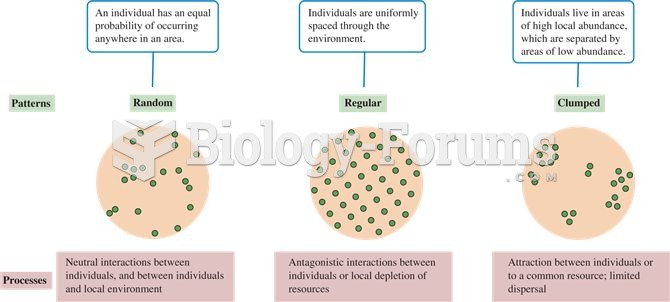This topic contains a solution. Click here to go to the answer
|
|
|
Did you know?
The Babylonians wrote numbers in a system that used 60 as the base value rather than the number 10. They did not have a symbol for "zero."
Did you know?
More than 2,500 barbiturates have been synthesized. At the height of their popularity, about 50 were marketed for human use.
Did you know?
Thyroid conditions may make getting pregnant impossible.
Did you know?
Sperm cells are so tiny that 400 to 500 million (400,000,000–500,000,000) of them fit onto 1 tsp.
Did you know?
Urine turns bright yellow if larger than normal amounts of certain substances are consumed; one of these substances is asparagus.
 Endocarditis. The human heart has been sectioned to reveal the left ventricle and origin of the aort
Endocarditis. The human heart has been sectioned to reveal the left ventricle and origin of the aort
 Diphtheria. The bacteria that cause this disease, called Corynebacterium diphtheriae, proliferate in
Diphtheria. The bacteria that cause this disease, called Corynebacterium diphtheriae, proliferate in
 Edward Bellamy, author of the utopian novel Looking Backward (1888) Bellamy’s socialism worried many
Edward Bellamy, author of the utopian novel Looking Backward (1888) Bellamy’s socialism worried many




